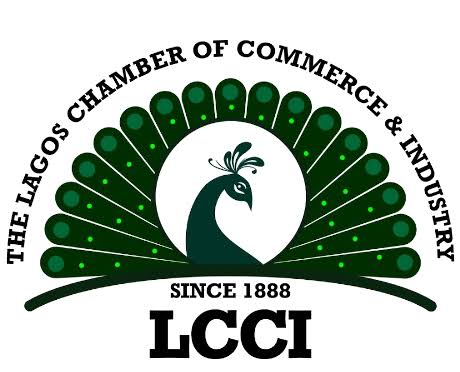The Lagos Chamber of Commerce and Industry (LCCI) has raised alarm over Nigeria’s latest inflation and capital importation figures, warning that structural weaknesses continue to undermine economic growth and private-sector resilience despite recent signs of progress.
According to the National Bureau of Statistics (NBS), Nigeria’s headline inflation slowed to 21.88 per cent in July 2025, down from 22.22 per cent in June and far below the 33.4 per cent recorded a year earlier. The drop reflects the impact of recent reforms and adjustments to the Consumer Price Index base year.
While this marks welcome progress, the chamber stressed that households and businesses still face mounting pressure as the month-on-month inflation rate climbed to 1.99 per cent in July from 1.68 per cent in June. Food inflation remains particularly troubling at 22.74 per cent year-on-year, with rural communities hit hardest by rising costs.
“The persistent rise in food prices shows the urgent need for targeted interventions in agriculture, rural infrastructure and logistics,” the chamber stated. It added that interventions must also address energy costs, power shortages, infrastructure gaps, licensing bottlenecks, access to credit, and foreign exchange constraints to allow businesses to operate sustainably.
On capital inflows, NBS data showed Nigeria attracted $5.64 billion in Q1 2025, representing a 67 per cent year-on-year increase and 11 per cent growth compared with the previous quarter. However, over 90 per cent of this came from short-term portfolio investments, largely funds chasing returns in government securities. In contrast, Foreign Direct Investment (FDI) plunged to $126.29 million, down 70 per cent from the previous quarter and making up just 2.24 per cent of total inflows.
The imbalance underscores lingering investor caution about long-term commitments to Nigeria’s real economy. Manufacturing, in particular, continues to suffer, drawing just $129.92 million in Q1—a 32 per cent drop from the same period in 2024. This decline reflects unresolved challenges with energy costs, foreign exchange liquidity, and operating uncertainties that have already forced several multinationals to scale down or exit.
The chamber called for urgent measures to turn macroeconomic gains into broad-based growth by prioritising reforms in the oil and gas sector to cut energy and logistics costs, strengthening the power sector to increase supply, and creating a more predictable policy and regulatory environment that can attract and retain long-term investment.
It also urged the government to expand agricultural support to curb food inflation, particularly in rural areas, and to reposition the manufacturing sector through policies that drive value addition, industrial growth, and job creation.
While the easing of headline inflation and increased capital inflows suggest progress, the chamber warned that Nigeria’s heavy reliance on short-term portfolio funds is unsustainable. Without deliberate strategies to draw productive investment, households will continue to struggle and the country risks missing opportunities for industrial recovery and long-term competitiveness.










